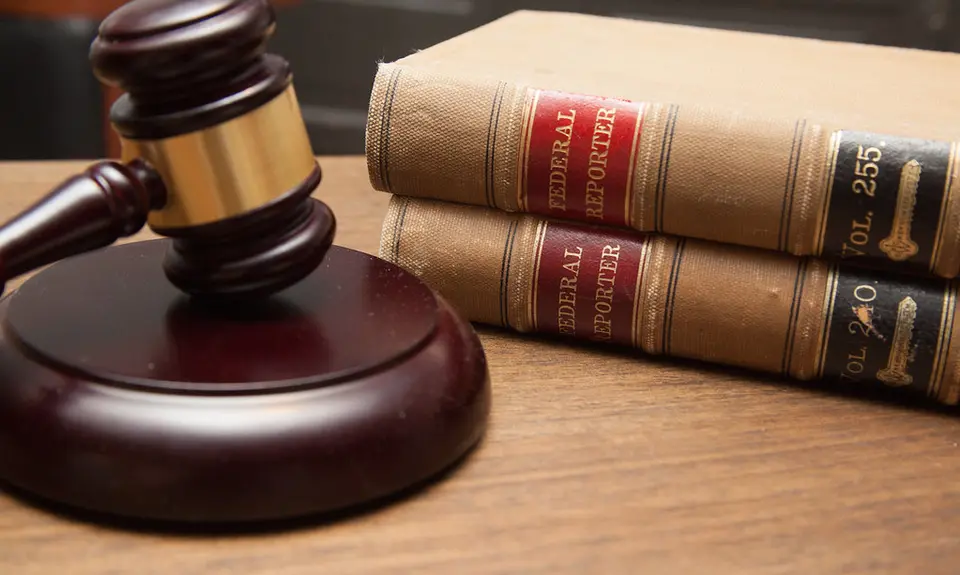“Confirmed Judges, Confirmed Fears” is a blog series documenting the harmful impact of President Trump’s judges on Americans’ rights and liberties. It includes judges nominated in both his first and second terms.
Judge Daniel Domenico, who was nominated by Donald Trump to the federal district court for the District of Colorado, ruled that the state of Colorado must provide funding to a religious preschool that has reserved the right to discriminate based on sexual orientation, despite an earlier decision to the contrary from another Colorado district court. The February 2025 decision was in Darren Patterson Christian Academy v Roy.
What happened in this case?
Colorado voters approved a new universal pre-school program in 2020. In its first year, the plan funded pre-K programs for 40,000 children at some 1900 different schools, including 900 who attended religious or faith-based programs. In order to receive state funding, however, the law requires schools to provide children an “equal opportunity” to attend school regardless of race, religion, disability, and other factors relating to them and their families, including sexual orientation and gender identity.
Darren Patterson Christian Academy sued state officials in federal court in 2023, claiming that the state improperly refused to grant the school a religious exemption that would have allowed it to receive state funding while continuing to discriminate based on sexual orientation and gender identity, including with respect to “restroom usage, pronouns” and “dress codes.” Trump judge Domenico granted a preliminary injunction in favor of the school. In 2025, the judge granted the school’s motion for summary judgment filed to resolve the case.
Why was the decision by Judge Domenico harmful?
Trump Judge Domenico granted summary judgment to the religious school, entering a permanent injunction that requires the state to give it the exemption it wants from the state’s anti-discrimination law. That means that the school can both get state funding for its private religious education and discriminate against students and others on the grounds of sexual orientation and gender identity despite state anti-bias law.
Although Domenico acknowledged the “harm” that discrimination may do to some parents and “precocious preschoolers who understand the concept” of discrimination, he maintained that enforcing the state’s anti-bias law would improperly “abridge” the “First Amendment rights” of the school. This result directly contradicted a 2024 ruling by Colorado district judge John Kane, who was nominated by President Carter, who rejected the requests of two Catholic schools for a similar exemption from the anti-discrimination law.
Judge Domenico’s ruling obviously harms parents, children, and state officials who want to enforce the state’s anti-discrimination provisions concerning anti-lgbtq+ bias. It also sets a troubling precedent, particularly in Colorado, about the ability of religious institutions to both receive state funding and discriminate based on their religious beliefs. The case may well be appealed to the Tenth Circuit or even to the Supreme Court. Domenico’s opinion illustrates the importance of our federal courts to health, welfare and justice and the significance of having fair-minded judges on the federal bench.
